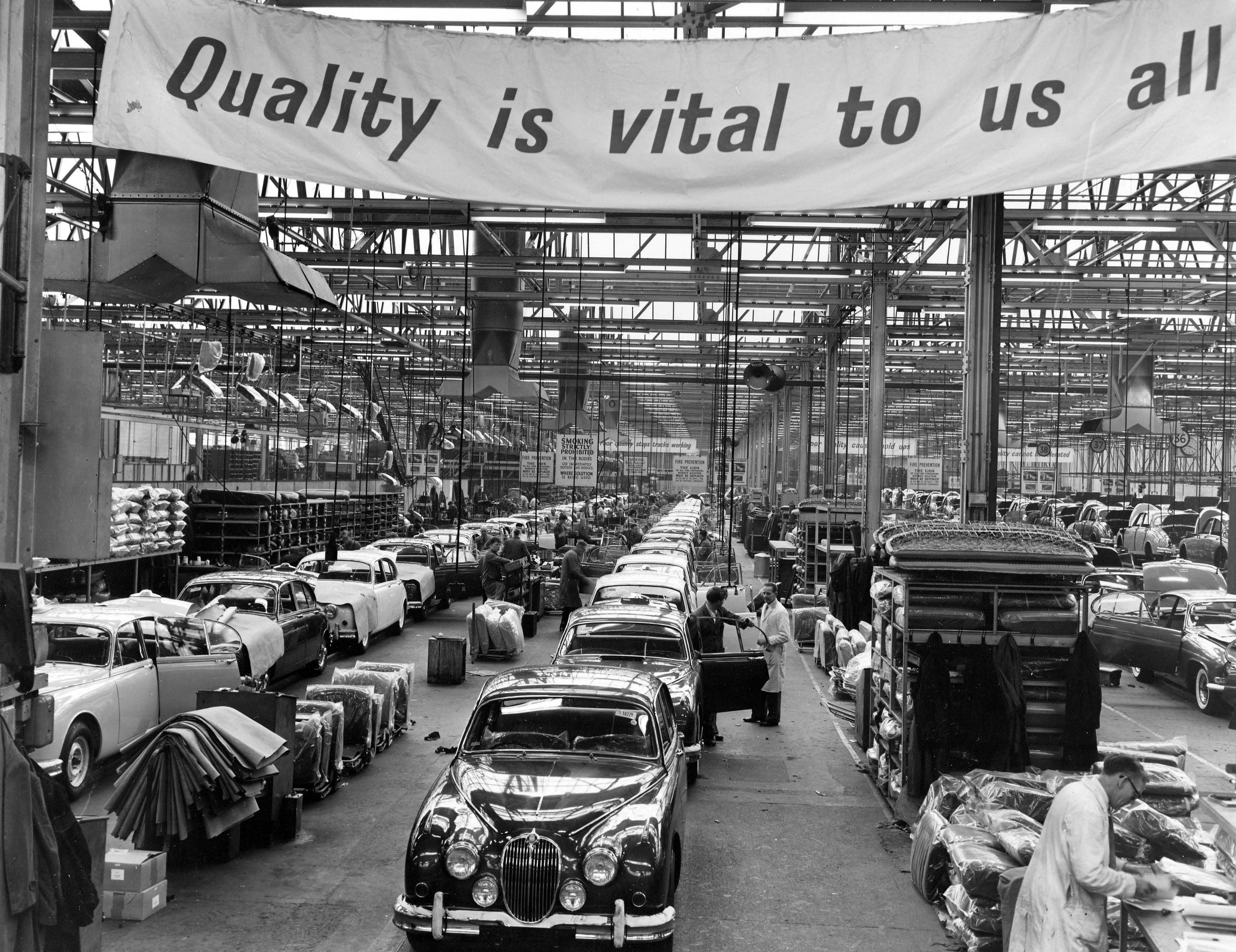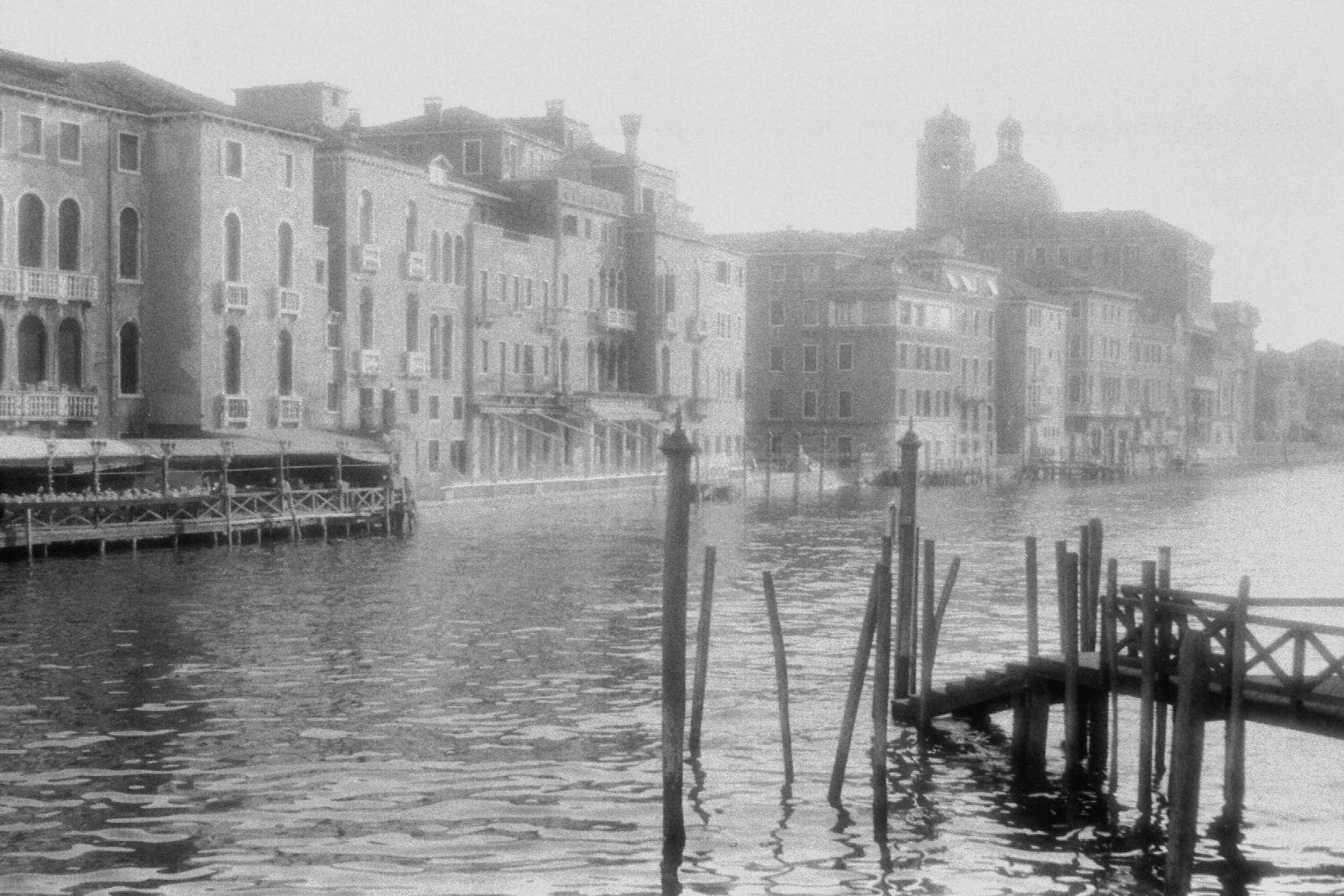Preserving the Legacy of Jaguar Daimler Heritage Trust with Piql

Since its inception in 1922, Jaguar has represented British craftsmanship, innovation, and automotive excellence. To ensure this rich legacy endures for future generations, the Jaguar Daimler Heritage Trust (JDHT) has undertaken a critical step in safeguarding its historically significant records. By partnering with Piql, JDHT has ensured that its valuable archives are preserved using state-of-the-art digital preservation methods, ensuring their authenticity and accessibility for centuries.
Jaguar Daimler Heritage Trust (JDHT)
Founded in 1983, JDHT is an independent charitable trust dedicated to preserving and promoting Jaguar’s history. It safeguards the Jaguar Cars Archive, Artefact, Artwork, and Vehicle Collections, working with Jaguar Land Rover to preserve and promote Jaguar’s legacy for future generations.
The JDHT Archive is the most comprehensive Jaguar archive, preserving records from the 1890s to the present day safeguarded and made accessible to researchers by professional Archivists. The Vehicle Collection includes over 180 historically important vehicles, including prototypes, racing cars, and models owned by famous figures, all maintained by expert technicians (and displayed at museums and prestigious global events.
The JDHT understands that strategic preservation infrastructure is required to ensure that the records remain authentic, incorruptible, unhackable and most importantly accessible in years to come.
The Challenge: Safeguarding Digital Records
Archivists can easily preserve physical records when stored in the right environment. However, preserving digital records—both digitised and born digital is more complex. Digital records require more resources to store and are more vulnerable to environmental changes, disasters, unreliable technology, and insecure cloud storage.
Jaguar Cars has always been a technology-driven brand, and its corporate archive needs to reflect how records are created today. In 2024, instead of paper-based materials, records are created digitally using 3D CAD software for engineering and styling, apps for owners' literature, websites for sales brochures, and emails documenting the company’s activities.
Digital storage and preservation are different from physical record-keeping. Technology moves quickly, and the context of data can be lost if not preserved correctly or without a dedicated archivist. JDHT understands that having the right preservation infrastructure is essential to keep these records authentic, secure, and accessible for the future.
The Solution: piqlFilm
The Jaguar Daimler Heritage Trust (JDHT) sought a solution beyond conventional digital storage to ensure the long-term preservation of its priceless archives. Collaborating with Piql, JDHT took a significant step toward safeguarding its heritage with piqlFilm—a groundbreaking, migration-free storage medium.
The process began with carefully selecting and preparing JDHT’s critical archival materials for digitisation. These materials were encoded onto piqlFilm, a medium designed to resist electromagnetic and radioactive interference, effectively protecting the archives from degradation and ensuring their integrity over time. Unlike traditional digital storage, which requires frequent updates and faces security risks, piqlFilm provides unmatched stability and security for long-term preservation.
To ensure ease of access in the future, the archives were structured for optimal retrieval. With Piql’s open-source framework, JDHT’s data remains accessible without dependence on proprietary hardware or software, ensuring its usability even as technology evolves. This innovative approach guarantees that JDHT’s history will be preserved and accessible for generations to come.
Key Archives Preserved with Piql Technology
The Jaguar Daimler Heritage Trust has selected a range of historically significant documents and materials for preservation using Piql’s advanced technology. These include:
- The original 1922 partnership agreement between William Lyons and William Walmsley, which laid the foundation for the Jaguar brand.
- Documents outlining the company’s name change from SS Cars Ltd. to Jaguar Cars Ltd. in 1945.
- The 1960 agreement between Jaguar Cars and the Birmingham Small Arms Company (BSA) for the purchase of Daimler.
- Engineering drawings, production records, and marketing materials, including brochures, colour guides, and sales literature.
- Photographs, advertisements, and moving footage documenting Jaguar Cars' history and impact.
By digitising and preserving these records on piqlFilm, JDHT has taken a proactive step in ensuring the longevity of its collections while maintaining the authenticity and accessibility of the brand's legacy.
A Legacy Secured for Future Generations
Piql’s role in the preservation of JDHT’s archives is not just about securing digital records—it is about safeguarding the essence of Jaguar’s contribution to automotive history and its cultural significance. As society continues to evolve, JDHT’s archives will remain a testament to the historical, industrial, and cultural impact of the Jaguar brand.
By leveraging Piql's technology, JDHT has cemented its role as the guardian of Jaguar's rich history, ensuring that future generations will not only study but also experience the milestones and innovations that have made Jaguar a symbol of automotive excellence.

